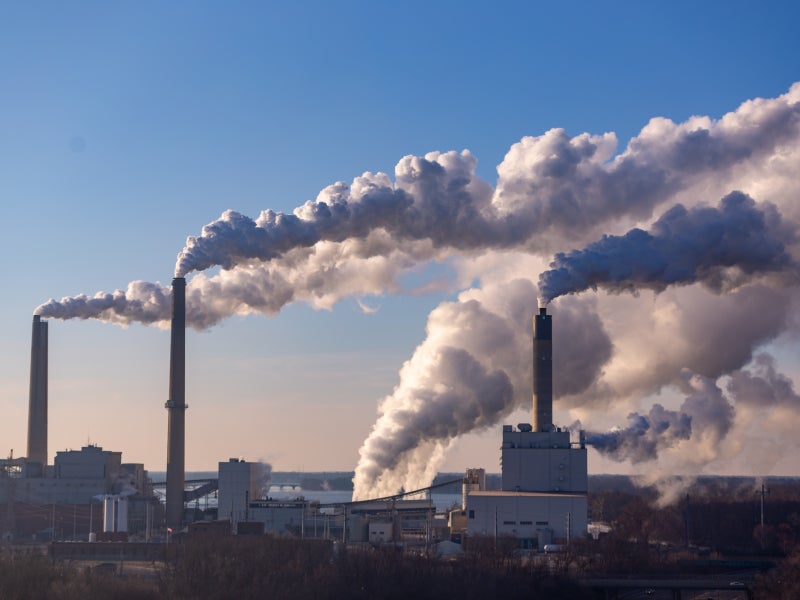Harnessing Renewable Energy: A Key Player in Mitigating Global Warming
Renewable Energy
 |
| Generating Clean Energy |
Introduction:
As the world grapples with the urgent need to address climate change, renewable energy emerges as a crucial solution in the fight against global warming. Unlike fossil fuels, which release greenhouse gases into the atmosphere when burned for energy, renewable energy sources offer a cleaner, more sustainable alternative. In this blog post, we'll explore the pivotal role of renewable energy in mitigating global warming and shaping a more sustainable future for our planet.
The Transition to Renewable Energy: The transition to renewable energy represents a paradigm shift in our energy systems, away from finite and polluting fossil fuels towards abundant and clean sources of energy. Renewable energy sources such as solar, wind, hydroelectric, and geothermal power harness the natural resources of the Earth to generate electricity without emitting greenhouse gases. This transition is essential for reducing our reliance on fossil fuels and curbing the emissions driving global warming.
Reducing Greenhouse Gas Emissions: One of the most significant contributions of renewable energy to mitigating global warming is its ability to reduce greenhouse gas emissions. By displacing fossil fuel-based energy generation, renewable energy sources help decrease the release of carbon dioxide (CO2), methane (CH4), and other greenhouse gases into the atmosphere. This reduction in emissions is critical for meeting international climate targets and limiting the global temperature increase to well below 2 degrees Celsius, as outlined in the Paris Agreement.
Advantages of Renewable Energy: Renewable energy offers a host of advantages beyond emissions reduction:
- Abundant Resources: Renewable energy sources such as sunlight, wind, and water are abundant and widely available, providing a virtually limitless supply of energy.
- Clean Air and Water: Unlike fossil fuels, renewable energy sources do not produce air pollutants or contribute to water pollution, leading to improved air and water quality and better public health outcomes.
- Economic Opportunities: The transition to renewable energy creates economic opportunities by spurring job growth, attracting investment, and stimulating innovation in clean energy technologies and industries.
- Energy Independence: Renewable energy enhances energy security and independence by diversifying energy sources and reducing reliance on imported fossil fuels, thus enhancing energy resilience.
Challenges and Solutions: While the benefits of renewable energy are clear, challenges remain in scaling up its deployment:
- Intermittency: The variability of renewable energy sources such as solar and wind can pose challenges to grid stability and reliability. However, technological advancements in energy storage, grid integration, and demand-side management are addressing these issues.
- Policy and Regulatory Barriers: Inadequate policy support, fossil fuel subsidies, and regulatory barriers hinder the growth of renewable energy. Policymakers must implement supportive policies such as renewable energy targets, feed-in tariffs, tax incentives, and carbon pricing mechanisms to incentivize renewable energy deployment.
- Investment and Financing: Access to affordable financing and investment is critical for scaling up renewable energy projects, particularly in developing countries. Mobilizing climate finance resources, including public and private sector funding, can support renewable energy deployment and accelerate the transition to clean energy.
Conclusion: Renewable energy holds immense potential in mitigating global warming and advancing sustainable development. By harnessing the power of renewable resources, we can reduce greenhouse gas emissions, enhance energy security, create economic opportunities, and build a more resilient and sustainable future for generations to come.


Comments
Post a Comment